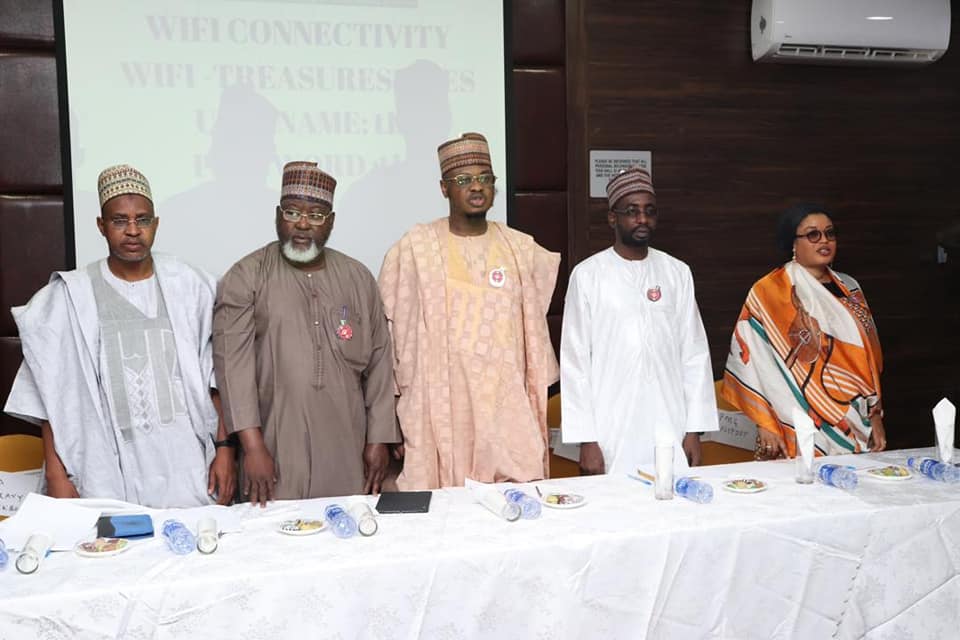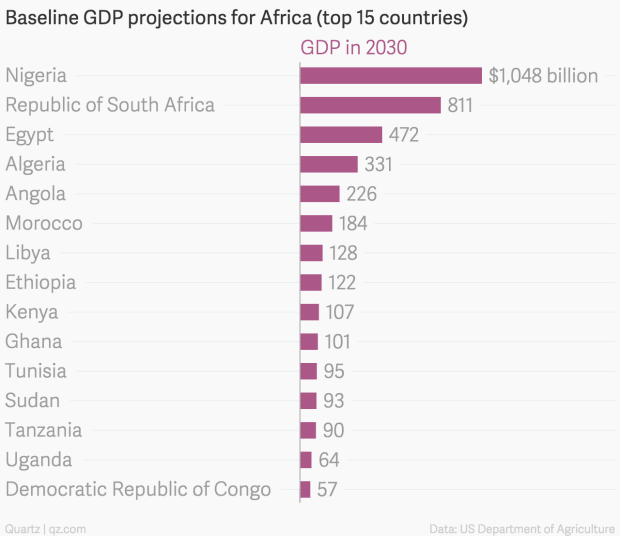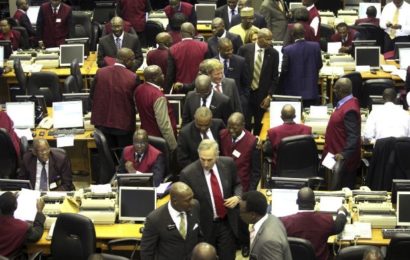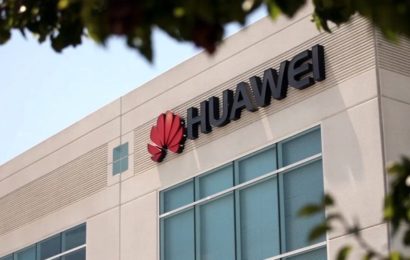NCC, NITDA Others Set for ICT Workshop Nationwide.
AS the year 2020 gets underway, the Federal Government of Nigeria has resolved to channel more resources into digital literacy with the mandate for the five agencies under the Federal Ministry of Communications and Digital Economy to champion ICT workshops in the bid to get 90% of the nation’s population to be digital literate by the year 2030.

The Ministry of Communications and Digital Economy is a Ministry created in 2011 as Ministry of Communication Technology. It was created to foster a knowledge based economy and information society in Nigeria. The Ministry was created to facilitate ICT as a key tool in the transformation agenda for Nigeria in the areas of job creation, economic growth and transparency of governance.
The five agencies under the Federal Ministry of Communications and Digital Economy are; The Nigerian Commissions Commission, Nigerian Communications Satellite (NIGCOMSAT) Limited, Galaxy Backbone Limited, National Information Technology Development Agency (NITDA). and the Nigerian Postal Service (NIPOST).
According to the Honourable Minister of Communications and Digital Economy (HMCDE), Dr. Isa Ali Ibrahim (Pantami), the nationwide digital literacy scheme by the agencies will kick off by first quarter of this year with the aim to brighten human resource output of Nigeria to the global economy and chance to hit $1 trillion in GDP by 2030.
Nigeria’s economy, which has been expanding by about 7% annually for the last decade, is largely dependent on oil. But other industries such as the booming ICT and telecommunications sectors, as well as the value-chain sub-sectors have picked up in recent years.
Speaking last-week in Abuja, the minister stated that the United Nation’s economic outlook into the next decade is visible only with a digital economy stating “at least, 90 percent of Nigerians will be digitally literate by the end of the decade as all agencies in the Ministry will be involved in series of training and retraining as much as the financial circumstances of the nation permit.”

Pantami said China is at the threshold of “converting 600 universities to skills centres” having realised that skills validate certificates.
The Minister, however, explained that Nigeria is so blessed and needs to leverage that potential to ensure her teaming youths acquire enduring “skills that will make them to be potential employers rather than potential employees”.
USE SOCIAL MEDIA TO SUPPORT DIGITAL ECONOMY, SAYS …
The Federal Government has called on Nigerians to channel their time and energy on the social media toward more productive output that will impact the digital economy of the nation rather than anything less gratifying.
The Minister of Communications and Digital Economy (HMCDE), Dr. Isa Ali Ibrahim (Pantami), made the call last-week in Abuja during a media meet on the state of the nation’s digital economy ecosystem and Information Communication Technology.
According to Patanmi, for Nigeria not to be left behind in the global economic outlook for the next two years more Nigerian youths would need to be more indigenous content and economic savvy on the social media.
The minister who also advised against the use of the social media to spread bad energy and division among Nigerians said, “Let us use our skills positively to promote digital economy because the World Economic Forum (WEF) has predicted that by 2022, 60 percent of the world economy will be digital,”.
Sharing more light on how youths can use their skills and creative energy for innovation and technology development Pantami said “Nigeria needs to create and promote indigenous technology and use them locally.”
According to statistics, in 2018, Nigeria had 92.3 million internet users. This figure is projected to grow to 187.8 million internet users in 2023. The internet penetration amounted to 47.1 percent of the population in 2018 and is set to reach 84.5 percent in 2023.









